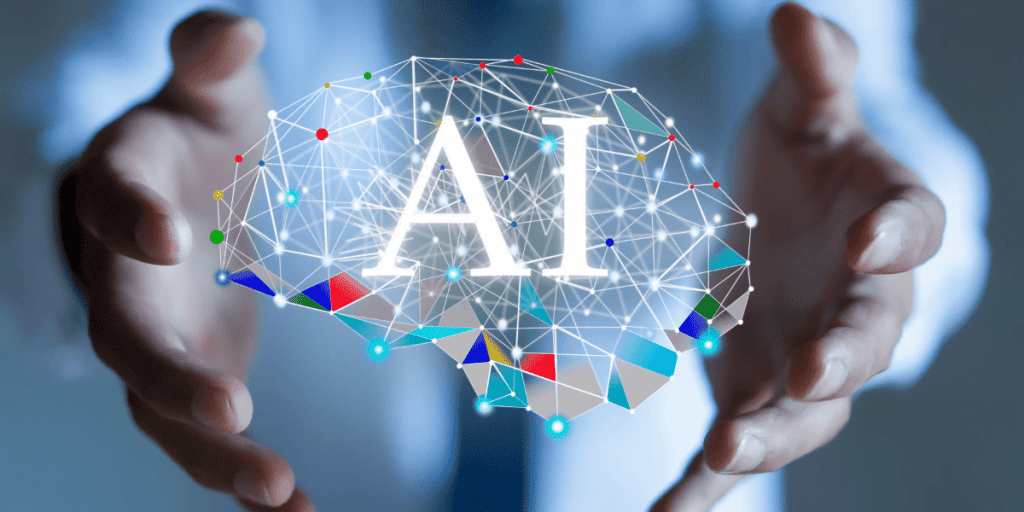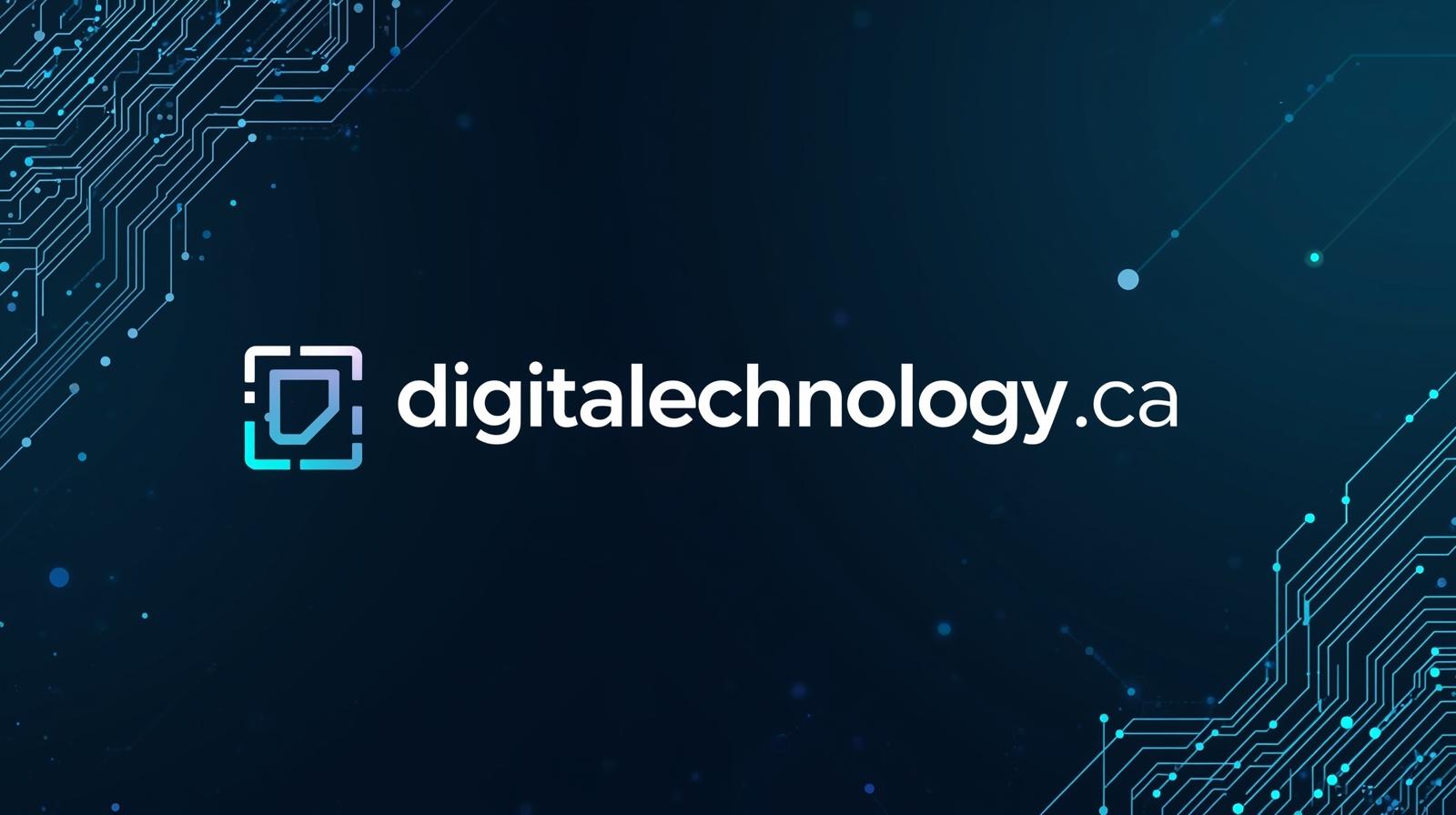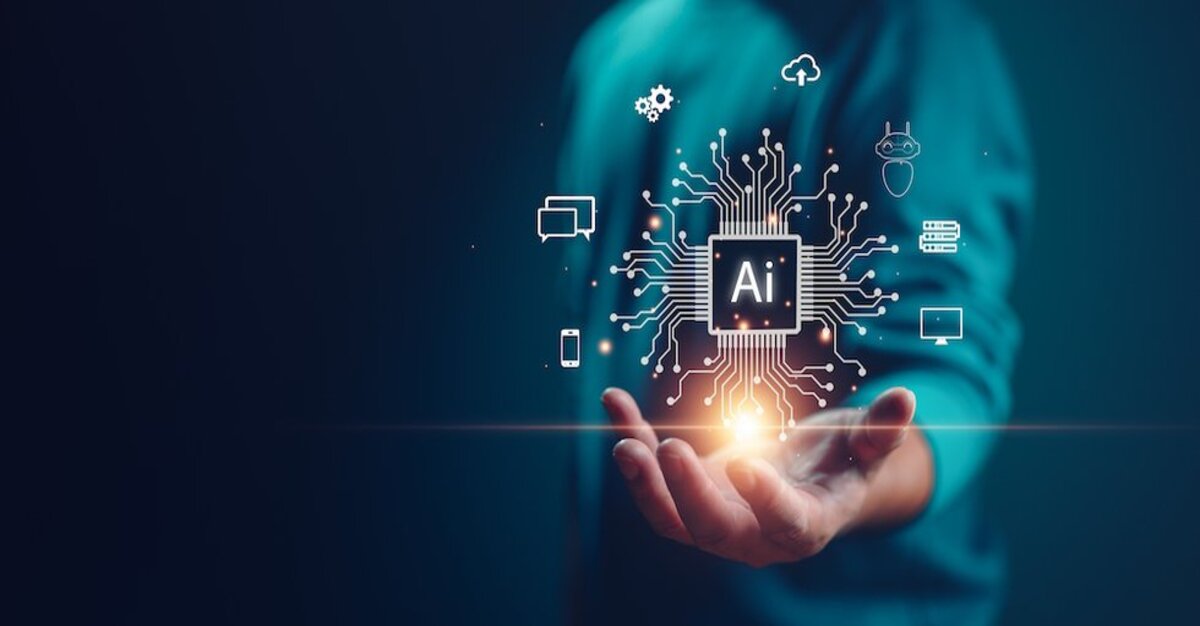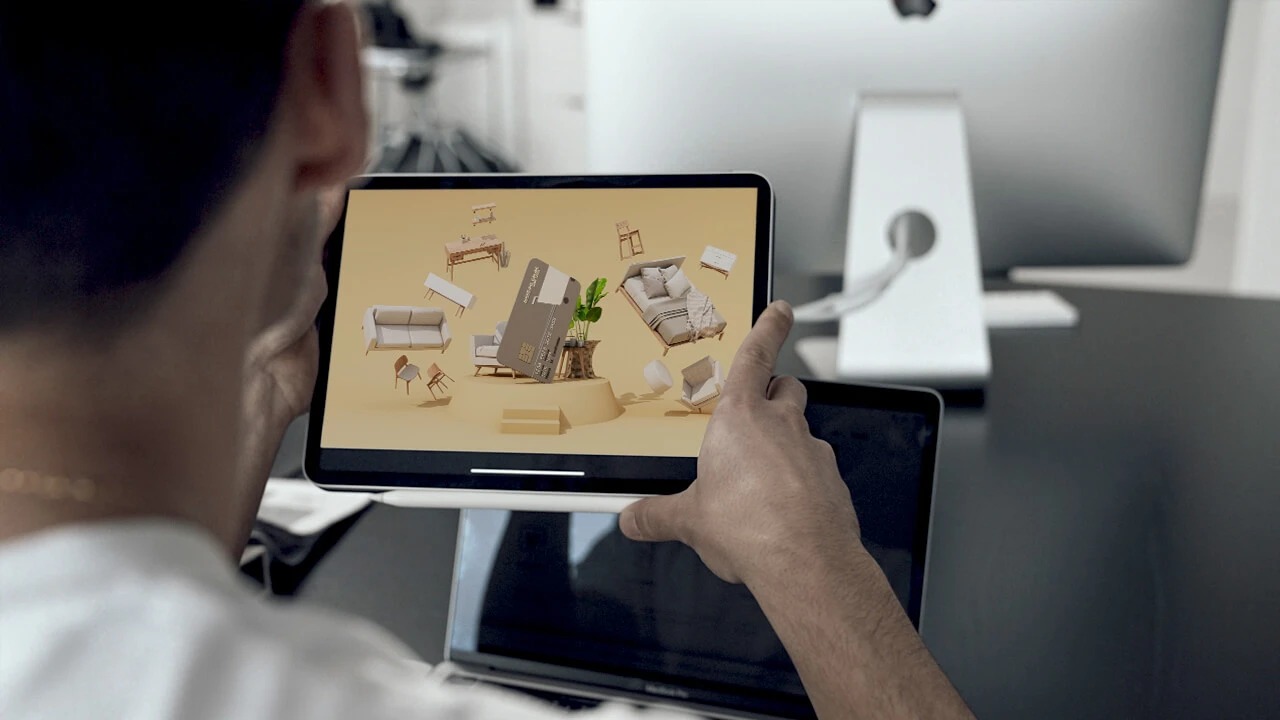Artificial Intelligence (AI) has moved beyond labs and tech giants—it’s now woven into the fabric of our everyday lives. From virtual assistants that simplify routines to algorithms that recommend what we should watch, read, or eat, AI has become an invisible partner in daily decision-making. Much like a carefully chosen hidden face dp for girls, which conveys subtle expression without revealing everything, AI works quietly in the background, shaping experiences in ways that are powerful yet often unnoticed. Understanding how AI powers modern life reveals just how dependent we’ve become on these intelligent systems.
AI In Smart Homes
Smart home devices are among the most visible examples of AI integration. Smart speakers, thermostats, and security systems all rely on machine learning to adapt to individual preferences. A thermostat learns when you usually return from work and adjusts the temperature accordingly, while AI-enabled cameras detect unusual activity for better safety. These innovations make homes not just more convenient, but also more energy efficient, aligning technology with sustainability.
AI And Business Visibility
For small and medium enterprises, AI tools are a game-changer. Automation platforms manage tasks such as customer service, marketing, and lead generation. By reducing human error and speeding up processes, AI allows businesses to compete on a larger scale. Platforms like add your business integrate AI features that help entrepreneurs increase online visibility, connect with customers, and reach wider markets without investing heavily in traditional advertising.
AI And Emotional Expression
Artificial Intelligence is also making strides in creative industries. Algorithms generate music, write poetry, and even compose artwork, blurring the lines between human and machine creativity. Much like the verses shared on www.mysadshayari.com, where emotions are distilled into poignant words, AI can capture human-like feelings in art forms. While machines may not “feel” emotion, they can replicate patterns that evoke strong responses, proving that creativity is no longer exclusively human territory.
Transforming Real Estate
The Real Estate sector has been significantly influenced by AI. Predictive algorithms analyze housing markets to forecast trends, helping buyers and sellers make informed decisions. Virtual assistants guide clients through property listings, while AI-powered platforms recommend homes based on individual preferences. Virtual reality tours powered by AI even allow prospective buyers to walk through properties remotely, saving time and expanding opportunities. These tools streamline transactions and make the property search far more efficient.

AI In Food And Leisure
Food and entertainment are not untouched by AI. Recommendation engines suggest restaurants, recipes, and even dietary plans based on your preferences. For those exploring nightlife or dining options, AI-backed platforms make it easier to find bars or eateries that suit their style, mood, and budget. By analyzing reviews, location data, and user preferences, these systems provide tailored suggestions that take the guesswork out of dining and leisure.
Healthcare Advancements
AI is transforming healthcare by improving diagnostic accuracy and patient care. Machine learning models analyze medical images to detect diseases earlier than human doctors might. Wearable devices powered by AI track vital signs and send alerts if abnormalities are detected. These innovations give patients more control over their health while supporting medical professionals in decision-making.
Transportation And Daily Commutes
Navigation apps and ride-sharing services rely heavily on AI. Algorithms calculate the fastest routes, predict traffic conditions, and even adjust ride fares based on demand. Autonomous vehicles, though still in development, promise to revolutionize transportation by combining AI with advanced sensors to minimize accidents and optimize routes. For now, AI already makes daily commutes smoother and more predictable.
Personalization In Entertainment
Streaming platforms like Netflix, Spotify, and YouTube thrive because of AI-powered recommendation systems. These platforms analyze viewing and listening habits to suggest new content. This personalization not only enhances user experience but also keeps audiences engaged longer. It’s a reminder of how AI curates daily leisure without us even realizing the depth of its influence.
AI In Education
In classrooms and online learning environments, AI helps tailor education to each student’s pace and learning style. Adaptive platforms provide extra exercises where a student struggles and advanced content when they excel. Teachers use AI-generated insights to adjust lesson plans, ensuring no one is left behind. Education powered by AI is breaking geographical and economic barriers, making knowledge more accessible globally.
Security And Fraud Prevention
From financial institutions to e-commerce websites, AI plays a vital role in detecting fraudulent activity. Algorithms analyze spending behavior in real time, flagging suspicious transactions instantly. This protects consumers from fraud and saves businesses from costly losses. Even social media platforms use AI to detect fake accounts and harmful content, creating safer digital spaces.
The Balance Between AI And Humanity
Despite its many benefits, AI raises ethical concerns. Issues like data privacy, job displacement, and algorithmic bias remain pressing. However, AI doesn’t have to replace human intelligence; it should complement it. The goal is to create systems that enhance human decision-making rather than control it.
Final Thoughts
Artificial Intelligence has become a silent force shaping our routines, decisions, and opportunities. From smarter homes and personalized entertainment to breakthroughs in healthcare and education, AI is everywhere, making life simpler and more efficient.
The science behind AI shows us that while machines may never fully replicate human intuition, their ability to process vast amounts of data ensures they remain indispensable allies. Much like an unseen framework that supports the visible, AI continues to power our daily lives in ways both subtle and transformative. The future is not about resisting these systems, but about learning how to live smarter every day alongside them.



